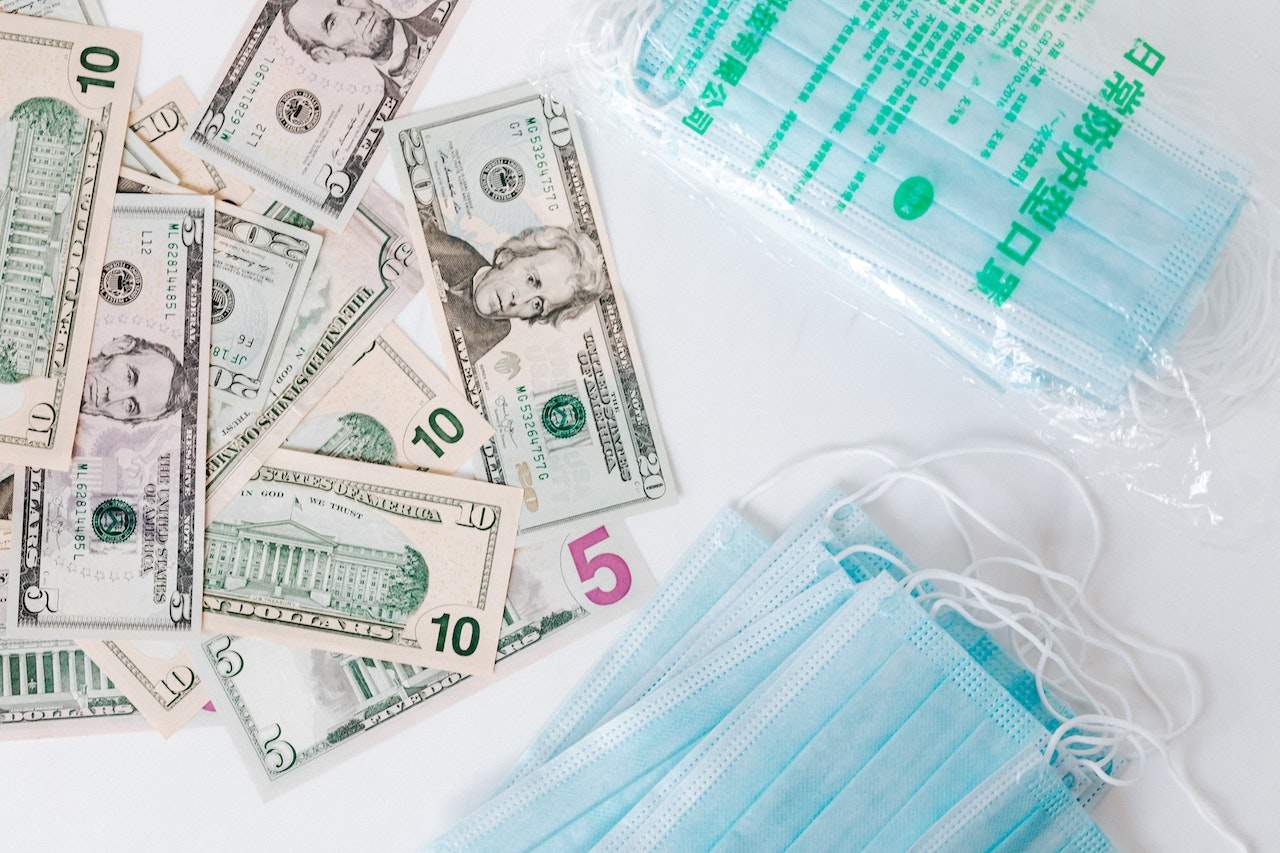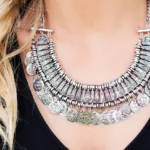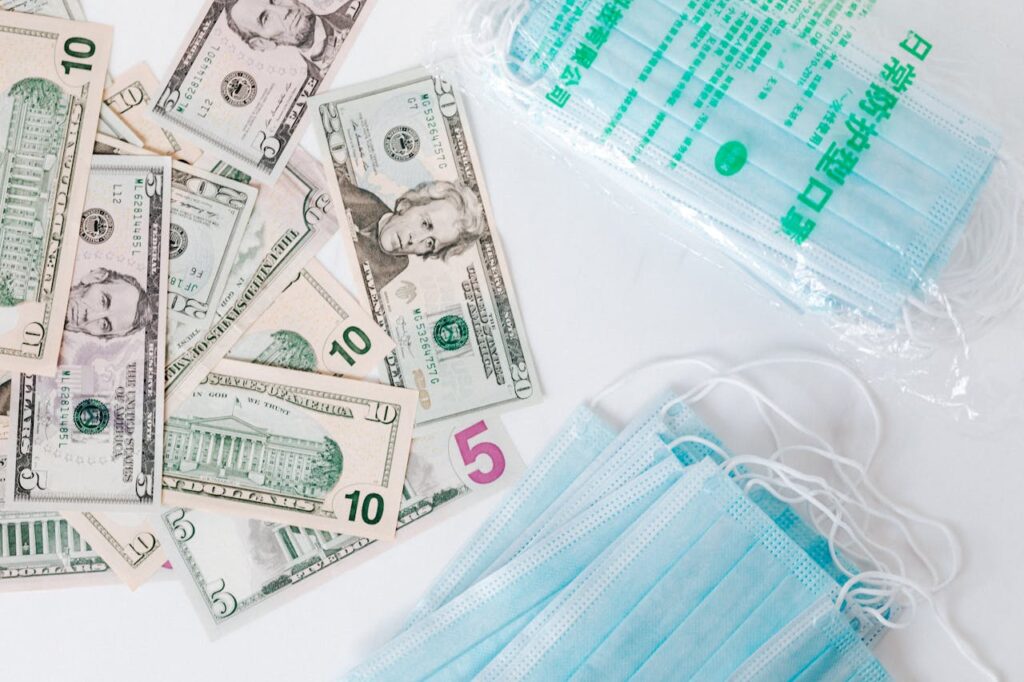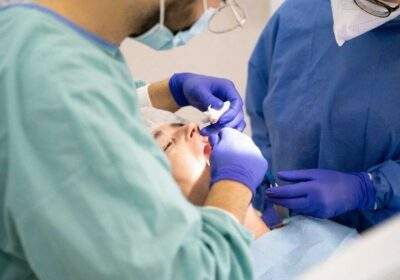
Common Questions About Reimbursement For Medical Expenses
Reimbursement for medical expenses is a great way to save on healthcare costs. But it’s also essential to understand your options.
For example, you can’t include the cost of a swimming lesson or a trip to the beach in your medical expenses if they aren’t necessary to alleviate or prevent disease.
How do I know if I’m eligible for reimbursement?
You can quickly determine if an item or service is eligible for reimbursement using the IRS-approved list of eligible items. This list changes from time to time as technology and medicine change.
Eligible medical expenses must be primarily intended to alleviate or prevent a physical or mental defect or illness. They do not include cosmetic items or services that merely benefit your health.
A doctor or medical professional must sign a Letter of Medical Necessity to be reimbursed. This document is typically provided by your doctor and states that the primary purpose of the medical service or item is for a specific disease, injury, or condition.
Reimbursable medical expenses like your superbill payment include medications, treatments, surgery, labs, dental work, and diagnostic tests. Personal protective equipment (PPE), hand sanitizer, and wipes are reimbursable.
Transportation, collection, and storage expenses are also reimbursable if the expenses are essential to the care of a specified illness or injury. This includes travel for a scheduled procedure, for example, laser eye surgery or radial keratotomy.
You can find reimbursable medical expenses by scanning your receipts for HSA-eligible items or by letting Lively’s Expense Scout automatically scan and alert you to any potentially HSA-eligible payments from linked external accounts, like your personal debit or credit card. You can then decide to reject or submit the expense for reimbursement, now or later.
What if I don’t have enough money in my FSA?
If you don’t have enough money in your FSA to cover your healthcare expenses, you can do a few things. First, check with your employer to see what their policy is. Some offer a grace period, while others let you roll over unused funds into the following year.
Another thing you can do is save up for high-dollar items that you know you’ll need throughout the year, like eyeglasses, dental work, or surgery. Setting aside money for those recurring expenses will help you avoid losing any FSA funds you may have in 2020.
In addition, you can also use your FSA to purchase hundreds of over-the-counter medications. This includes items like Benadryl, Pepto Bismol, Advil, and Neosporin, as well as vitamins and supplements.
The good news is that if you can spend down your FSA by the end of the plan year, you’ll save on your taxes. This means you can reduce your taxable income, saving you a lot of money over the long haul.
But, as with any flexible spending account, there are specific rules. Typically, it would be best if you used your FSA by December 31st of the year in which you put it into the account, or you risk forfeiting the funds. However, some employers allow you to carry over unused FSA money into the next year.
What if my FSA administrator says my original receipt isn’t acceptable proof?
If you have a Health FSA or other benefit plan that offers debit cards, you should be able to make purchases at any pharmacy or service provider that accepts the card. For instance, major pharmacies like Walgreens and CVS have their own online FSA shops where you can buy a range of eligible items (like prenatal vitamins or sunscreen).
You don’t need a receipt for every purchase. Instead, you can rely on your employer’s electronic system to substantiate qualifying transactions automatically.
This is called “auto-substantiation” and can reduce the amount of paperwork that you’re prompted to submit for claims by as much as 70 percent. However, it’s important to note that you still need to submit an original receipt for any expenses involving a medical provider.
To minimize the need for documentation, purchasing your health FSA-eligible items at the same merchant or service provider as often as possible is a good idea. For example, suppose you frequently use a local drug store to pick up your prescriptions or over-the-counter medications. In that case, you will be less likely to submit a receipt for those charges since the merchant should already have an inventory database of items that qualify for reimbursement under the IIAS.
Consider shopping for your health FSA-eligible items through online vendors like Amazon or other retailers. These online vendors have stores where you can find health FSA-eligible items at an even lower price than you’d pay in-store.
What if I don’t have enough money in my FSA?
FSAs allow you to set aside pre-tax money from your paycheck to pay for medical expenses. You can use this money for co-pays, exam fees, and other eligible expenses.
If you don’t have enough in your FSA account, you can forfeit some or all of the money you put away. Depending on your plan, your employer may offer a grace period that gives you more time to spend your FSA funds or allow you to roll over unused money from one year to another.
While FSAs do not lower the actual cost of medical services, they can be a great way to save on some of your most common healthcare expenses. These include eye exams, over-the-counter medications, and even feminine care products like tampons and pads.
You can also use your FSA to cover travel costs for a medical appointment or treatment at a distant specialist or hospital. Suppose you’re considering a procedure, such as tubal ligation or vasectomy. In that case, your FSA can help cover the costs of a trip to the doctor, airfare, lodging, and other travel-related expenses.
Lastly, many FSA plans will cover prescriptions for over-the-counter medicines, including Advil and Benadryl, as well as feminine care products. If you’re planning a family, your FSA can also be used to cover pregnancy tests, infertility treatments, Viagra, and other reproductive health-related items.

















